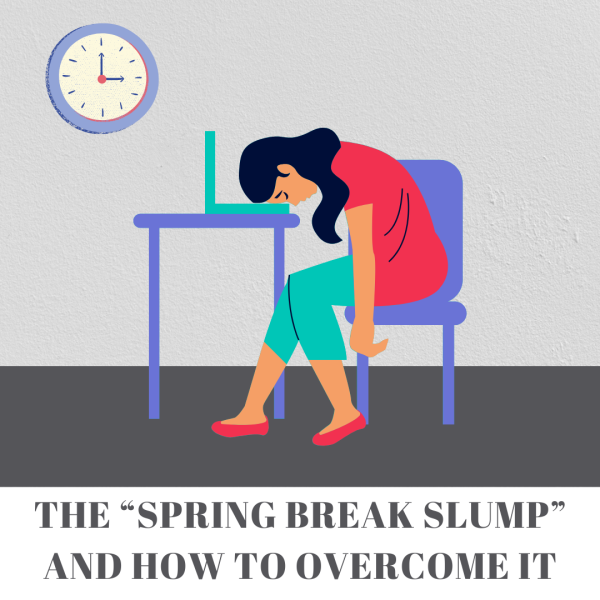- Reflector
- Reflector: Community
- Reflector: Health & Fitness
- Reflector: Life & Style
- Reflector: Reflections
Unhealthy Coping Mechanisms We’ve All Heard Of
How do you deal with uncomfortable emotions?
October 18, 2021
Your instinctual response to stressful or traumatic situations are your coping mechanisms. Coping mechanisms are generally learned during childhood or are picked up over time. You may not even realize you have these habits!
Of course, there are both healthy and unhealthy ways people cope. Could your method of self-soothing be more detrimental than you think?
Let’s talk about some unhealthy coping mechanisms.
Isolation
When you’re faced with a difficult situation, you could seek separation from others. It is healthy to take time to reflect on your emotions. It is not healthy to disconnect from your environment every time something goes wrong. There will be times where running and hiding isn’t an option. What happens then?
Ignoring/Avoiding
Not getting the grades you want? Well, ignoring your Folio notifications won’t turn your D into a C. Stressed out about a family situation? Sleeping your day away won’t help either. Although avoiding things might feel good in the moment – doing this will only manifest your problems into something bigger.
Substance Use
Drug and alcohol use are dangerous coping mechanisms for many reasons. Turning to substances in uncomfortable moments can quickly turn into life-threatening routine. This can lead to addiction, health issues and even death. Using drugs or alcohol to cope creates a snowball effect of negative outcomes.
Self-Deprecating Talk
It’s OK to make fun of yourself sometimes. Finding humor in the bad stuff is always great. However, there’s a fine line in it being just jokes and you truly believing the negative things you say about yourself. If you keep saying that your situation won’t improve chances are – they probably won’t.
Overreacting/Exploding
You all might know a person that blows up in anger at every negative occurrence. Or that person might be you. Just think, after the anger calms down, is the situation ever actually better? No. The energy that went into overreacting could have been used to cope in a healthier, calmer way.
Worrying
Worrying is a popular coping mechanism, but like avoiding – it gets you nowhere. Worrying requires minimal action. And if anything, you become more stressed out about whatever it is you’re worrying about. What has worrying ever solved?
So, how can you flip these unhealthy coping mechanisms into healthy ones?
Instead of isolating yourself, surround yourself with people you love the most.
Instead of ignoring or avoiding, confront your emotions head on. Find out what triggered you to want to turn away.
Instead of using substances, talk with a close friend or counselor about your situation.
Instead of talking down on yourself, speak positivity into yourself with kind words.
Instead of exploding, channel that energy into a physical activity.
Instead of worrying, block out those thoughts by listening to music or think of happier times in your life.
Remember that unlearning these coping mechanisms can be a challenge, but it’s never impossible. Acknowledging that they’re a part of you is the first step to growth!













Ryan Groom • Oct 19, 2021 at 12:05 pm
Thank you for a lovely article and reminder of self compassion, self care, and mindfulness.